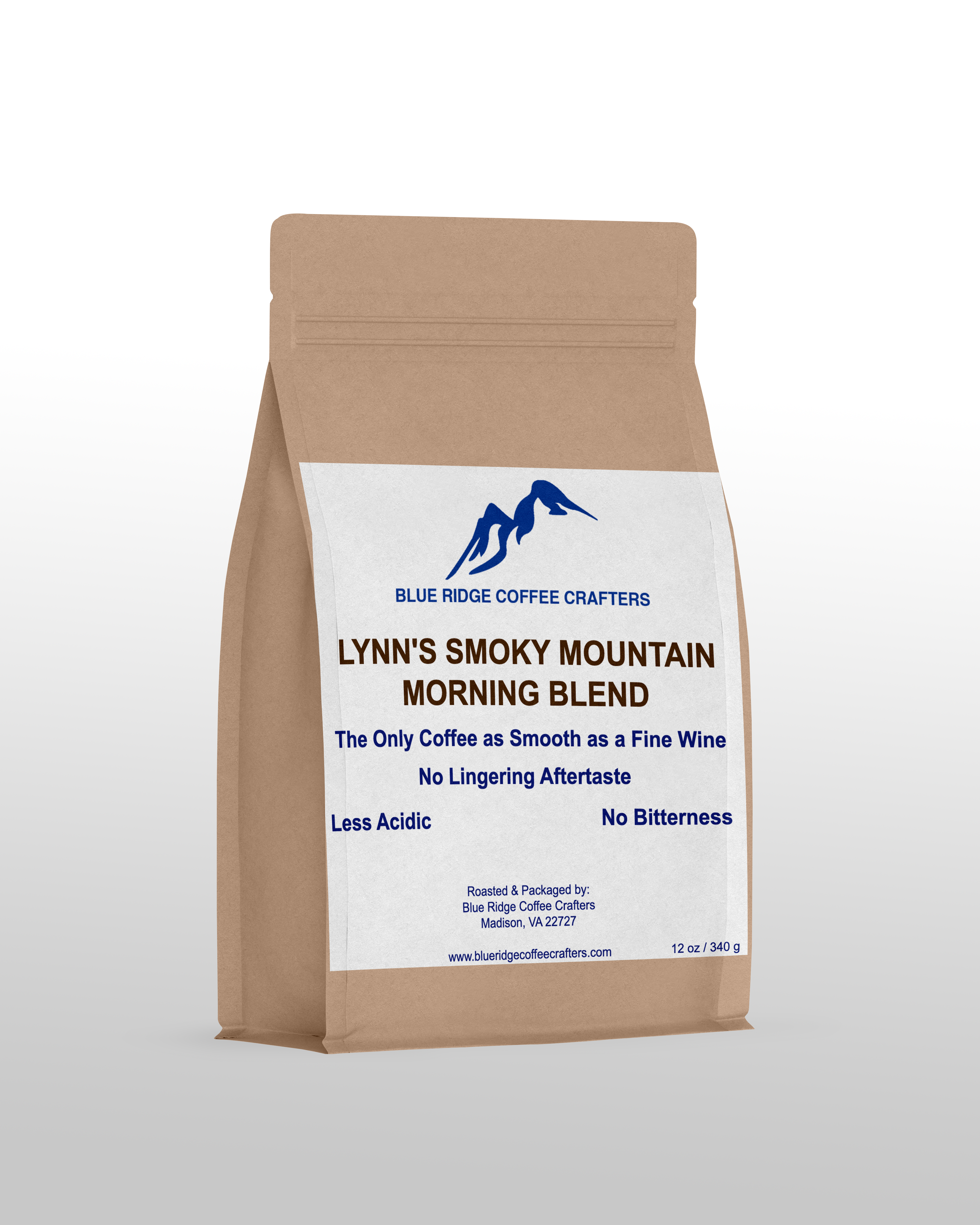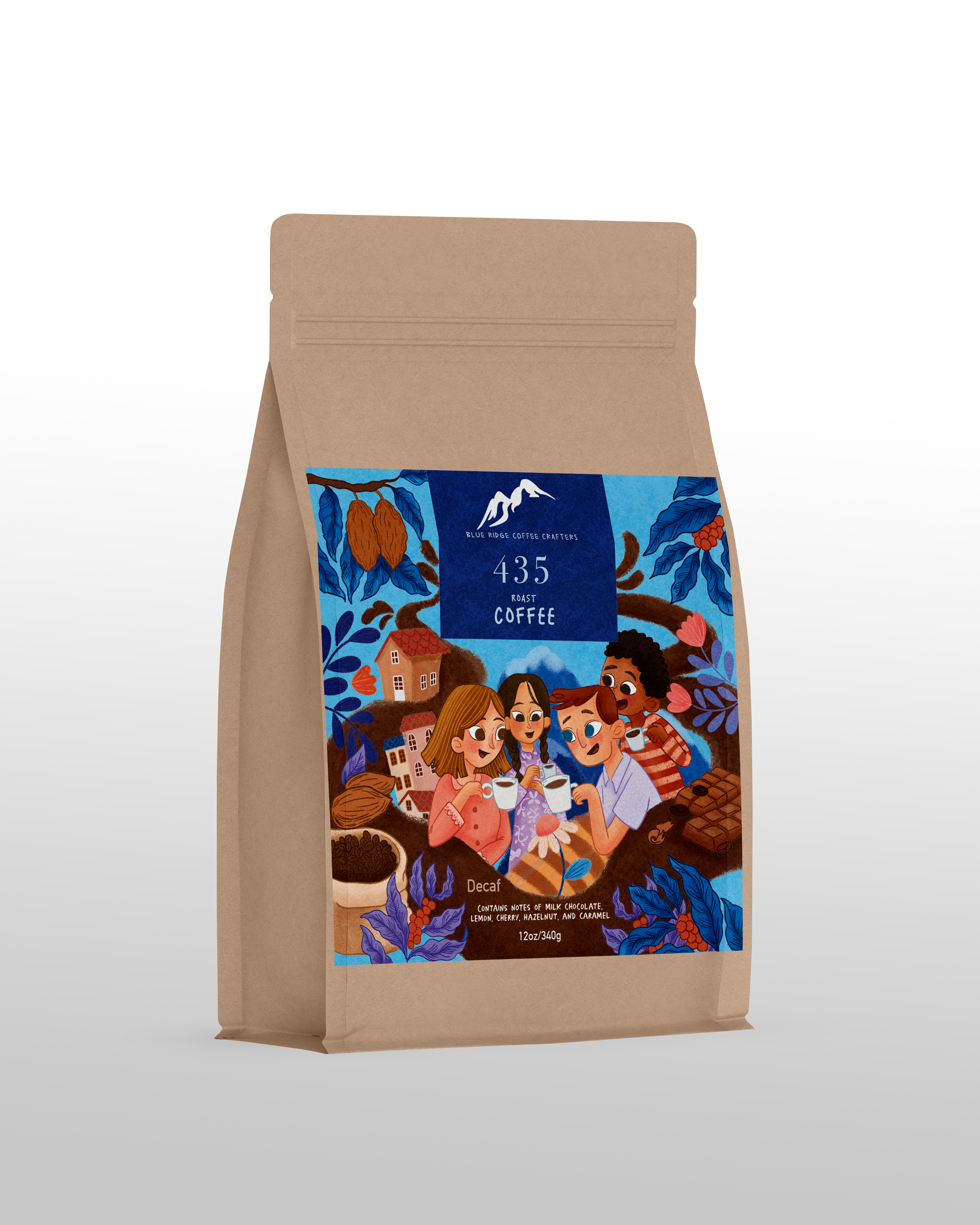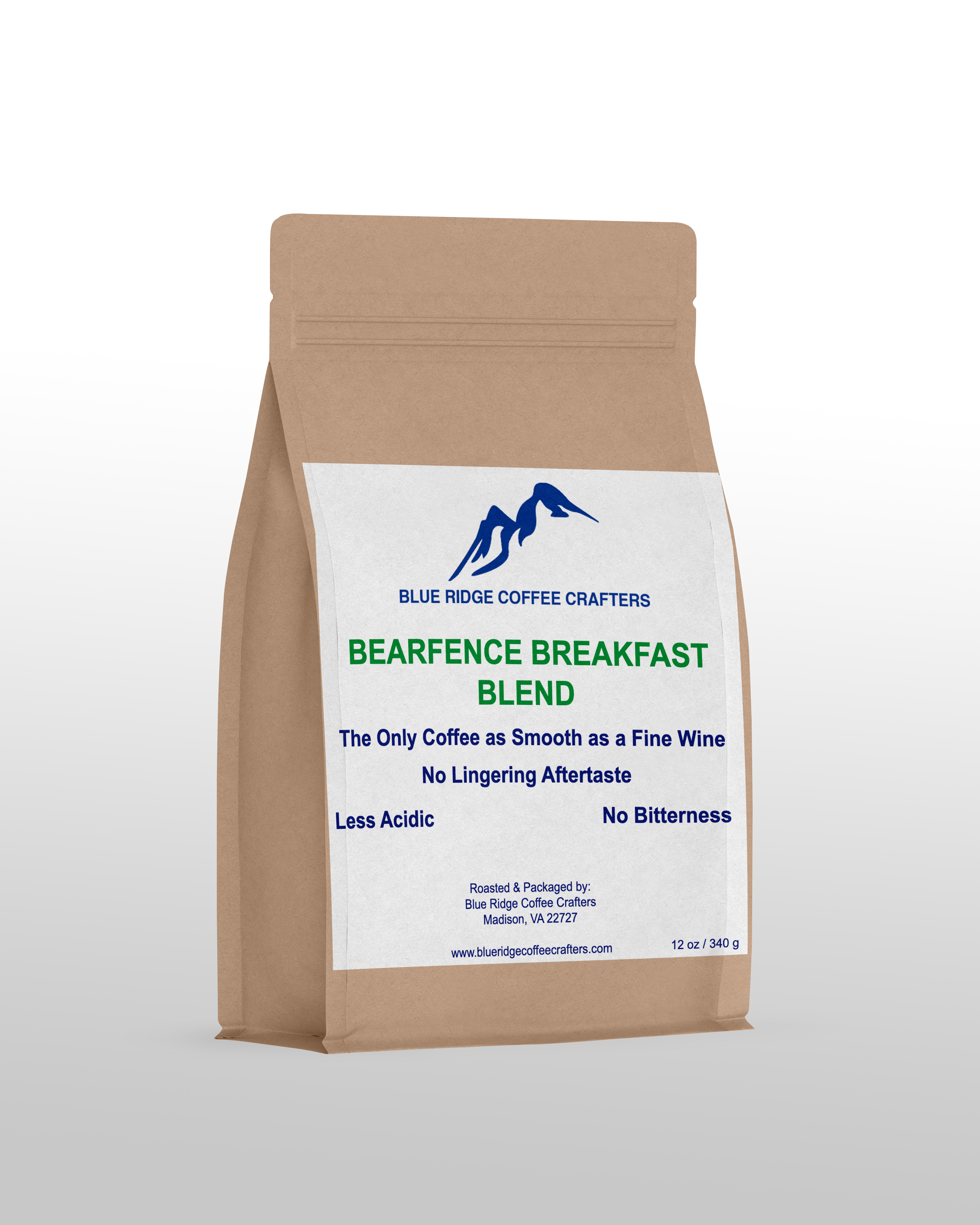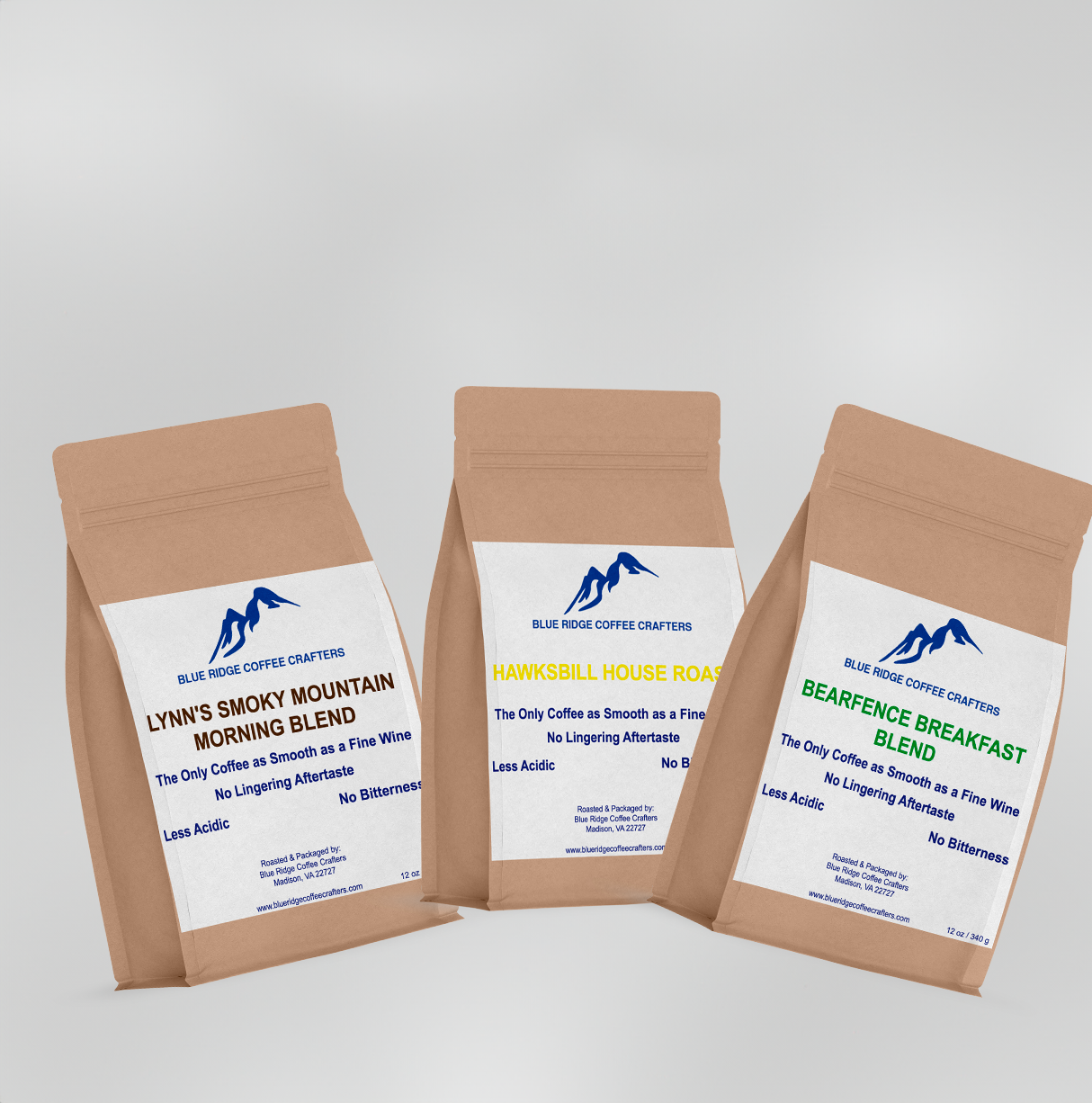There's nothing quite like the ritual of brewing a fresh cup of specialty coffee to kickstart your day. The rich aroma, the anticipation of that first sip – it's a daily comfort for many. But what happens when that comforting cup of joe turns bitter? Have you ever wondered why your coffee suddenly tastes like a bitter disappointment rather than a delightful indulgence? Well, the answer might lie in two critical factors: the quality of your coffee beans and the art of brewing.
The Bitter Culprits:
1. Bad Beans:
The journey of a coffee bean from the farm to your cup is intricate and nuanced. If your coffee tastes bitter, the first suspect is often the quality of the beans. Low-grade, robusta species, or super dark roast beans can be major contributors to that unpleasant bitterness. Robusta beans, known for their high caffeine content, are often associated with a harsh and bitter flavor profile. Similarly, beans that have been excessively dark roasted can develop a burnt, bitter taste.
To avoid this bitter fate, opt for specialty-grade beans – the cream of the crop when it comes to coffee quality. These beans are meticulously grown, harvested, and processed to ensure a superior flavor profile. While they might cost a bit more, the investment is worth it for the unparalleled taste experience.
2. Bad Brewing:
The second culprit in the bitter coffee saga is often improper brewing techniques. No matter how high-quality your beans are, if you mishandle the brewing process, bitterness can easily creep into your cup. One common mistake is using water that's too hot. Extremely hot water can extract undesirable compounds from the coffee grounds, leading to a bitter taste. Aim for a water temperature between 195°F to 205°F (90°C to 96°C) for optimal extraction.
Grind size also plays a crucial role. If your coffee tastes bitter, it might be because the grounds are too fine, causing over-extraction. Experiment with different grind sizes until you find the right balance for your preferred brewing method.
3. The Role of Roasting Techniques:
In addition to the type of beans, the roasting process is a key factor in determining the flavor profile of your coffee. If beans are roasted too long or at too high a temperature, they can develop a bitter, ashy taste. Opt for beans that have been roasted to perfection, striking a balance between preserving the unique characteristics of the bean and bringing out its inherent flavors.
In the world of coffee, the quest for the perfect cup is a journey filled with exploration and discovery. If your coffee tastes bitter, don't despair – there are solutions. Invest in high-quality, specialty-grade beans, pay attention to your brewing techniques, and be mindful of the roasting process. With a little experimentation and a commitment to quality, you can turn that bitter cup into a blissful, flavorful experience that elevates your coffee ritual to new heights.
Here at Blue Ridge Coffee Crafters, we take pride in using some of the highest quality green beans and employing cutting-edge roasting techniques. Our commitment is to completely remove bitterness from our coffee, leaving you with a cup that tastes as smooth as fine wine. With meticulous focus on bean selection and roasting precision, we invite you to experience the unparalleled richness and depth of flavor in every sip of our meticulously crafted coffee blends.





